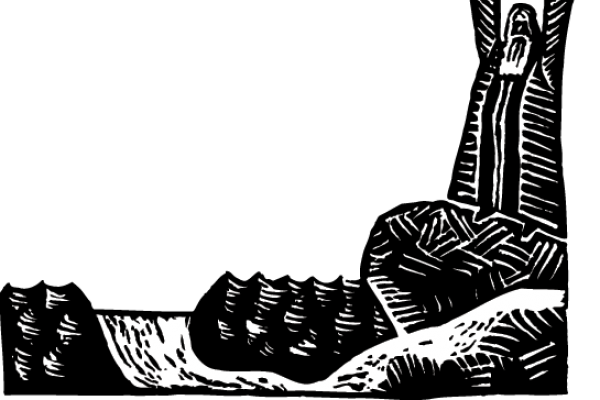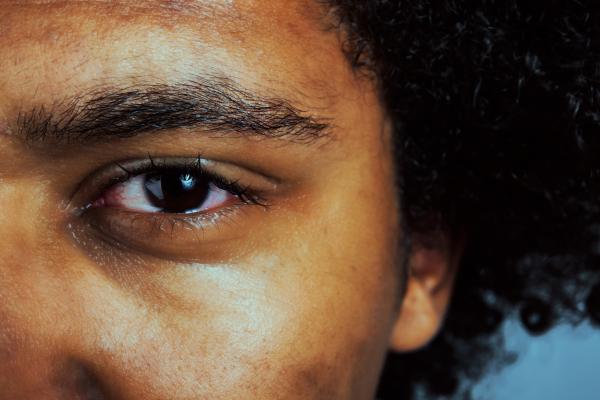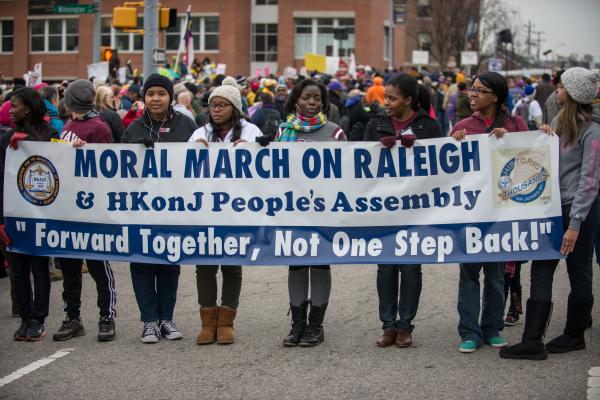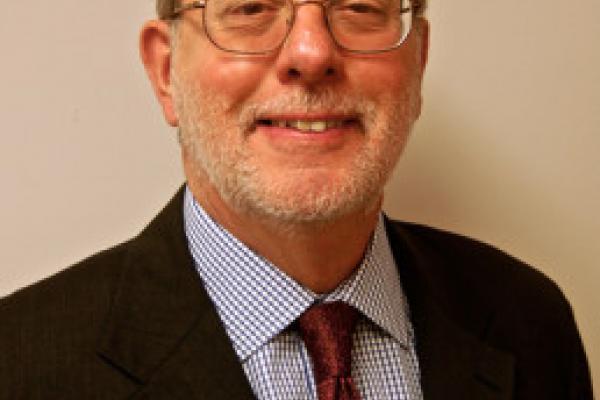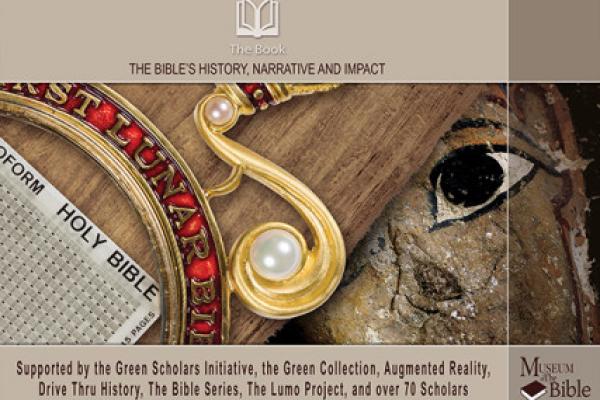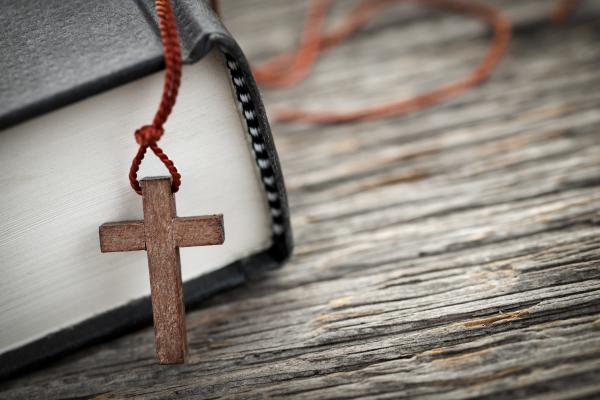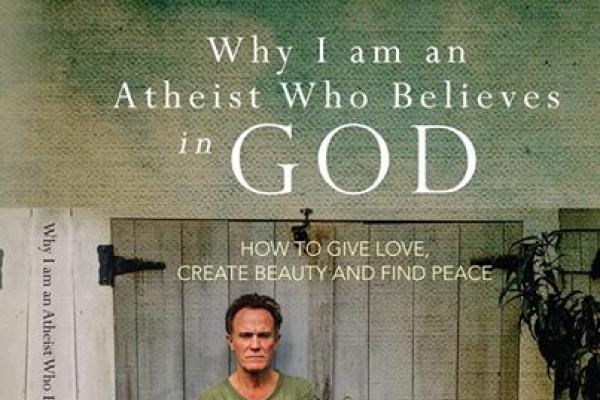I’ve always had a curious sort of sympathy for the bad guys. I cried when King Kong died. I wept at Darth Vader’s demise. And I felt like the whole melting thing was a little bit harsh for the Wicked Witch of the West.
Maybe they didn’t really want to be bad. Maybe they were just written that way. Could be that they had a rough childhood, or people made fun of them for being green, or big and hairy, or breathing through a big, black mask. I mean, imagine that on the playground …
Ever since my childhood I’ve felt more comfortable in darkness than most kids seemed to as well. My 10-year-old son won’t even go into any unlit room in our house without being accompanied by our dog, Maggie. But I actually enjoyed being in the dark. It seemed like the one place where I could let the otherwise literal, concrete parts of my brain take a rest, and allow my imagination to run wild.
Theologically, we’re taught to hate, or at least fear, the darkness. We are children of light, God called light into being, and it was from this light that all things were formed. So what use do we have for darkness?
In one of the screen-saved memories cataloged from my childhood, I sit in the living room, cross-legged, chin supported by two fists, staring up at moving pictures flashing across a small screen. On network television — because we didn’t have cable back then — Moses (aka Charlton Heston) led thousands of his people out of captivity. They just walked out of Egypt — streams of them. And then they reached the Red Sea.
The Egyptian army was at their back, pressing in. In that moment, though they had left captivity, freedom was not a done deal. They still had to cross over. They were still at war. They still had to outrun an army trained to kill or enslave them again.
Heston — I mean Moses — stood straight-backed on the bank of the Red Sea. He lifted his staff and put it down at the edge of the water, and a miracle took place in living rooms across America. The sea parted. I’ll never forget that moment. This moment was crafted before the digital era — before Disney’s Prince of Egypt, even before Star Wars, and yet it was still awe-inspiring. My eyes focused like lasers watching whole families cross a sea on foot.
Moses led. He was not a king. He was a foster child. He was not from the dominant culture. He was from an enslaved people. He was not a great orator. He stuttered, but he led anyway. He said “Yes” to God’s call and leaned into it. And because he did, the people were set free.
Jesus calls us to consume less and to live simply. To “live simply” in itself varies by person, situation, income, and values. While I still fantasize about becoming a new-age Laura Ingles Wilder, building a log cabin and weaving my own clothes, I have accepted that I need to interact with a consumer culture. Consuming is not a bad thing and is a necessary part of life. However, consuming becomes unhealthy when we find identity in our “stuff,” live beyond our means, or hurt others with our purchasing power.
I learned about alternative giving from a flier in my college dorm bathroom. Ithaca College and the surrounding town are notorious for progressive politics, activists, and a thriving farmers market on Cayuga Lake. Progressive politics were a part of the classroom, and I quickly learned about the often unhealthy connections between corporations, government, and the products we use. I remember feeling overwhelmed, powerless, and confused.
Does Jesus love African-American males? Then why aren’t we telling them so?!
I recently held a Town Hall Meeting at my church in my hometown of Madison, Wis., regarding the blaring racial disparity between whites and African Americans. This gathering attracted about 650 people who wanted to hear my thoughts after reading my "Justified Anger ” cover essay in a local newspaper. It appears that when one considers the economic, academic, arrest and incarceration disparities between African Americans and whites in Madison (and surrounding Dane County), there is no bleaker place for African Americans to be in the entire country than Madison. Although Madison — with its great university, beautiful lakes, bike paths, and educated residents — typically receives high marks as being among the best mid-sized American cities in which to live, it is now developing a different reputation about life here. Sadly, our community has been nationally deemed as ground zero for the disintegration of African-American males!
I believe that deep within our being is a longing for a moral compass. For those of us who are moved by the cries of our sisters and brothers, we know that, like justice, the acts of caring for the vulnerable, embracing the stranger, healing the sick, protecting workers, welcoming and being fair to all members of the human family, and educating all children should never be relegated to the margins of our social consciousness. These are not just policy issues; these are not issues for some left vs. right debate; these are the centerpieces of our deepest traditions of our faiths, of our values, of our sense of morality and righteousness.
We must remind those who make decisions regarding public policy what the prophet Isaiah said "Woe unto those who legislate evil ... Rob the poor of their rights ... make children and women their prey." Isaiah 10: 1-2
Martin Luther King, Jr. said 46 years ago in one of his last sermons that if you ignore the poor, one day the whole system will collapse and implode. The costs are too high if we don’t address systemic racism and poverty. It costs us our soul as a nation. Every time we fail to educate a child on the front side of life, it costs us on the back side — financially and morally.
In a marketplace unfettered by ethical restraint, a sense of duty, concern for others, or even basic shame, 25 hedge fund managers gave themselves a 50 percent pay boost in 2013.
Never mind that hedge funds’ performance, on average, tanked for the fifth consecutive year.
These 25 men wanted big bucks, so they took them: a total of $21 billion. All for managing wealth that someone else created and, except for a few, not managing it particularly well.
The top earner paid himself $3.5 billion for 2013.
On April 14, the school board in Mustang, Okla., voted to institute an elective Bible course. This is not news. More than a thousand U.S. public schools offer Bible as literature courses.
In March, Hobby Lobby argued before the Supreme Court for a religious liberty exemption to the Affordable Care Act. Now Green is promoting the Bible curriculum the Mustang school board just adopted — a curriculum he predicts will soon be adopted in hundreds, perhaps thousands, of American public schools.
The first ever global study of anti-Semitic attitudes shows that more than a quarter of the world’s population (26 percent) harbors anti-Semitic views.
The poll, released Tuesday by the Anti-Defamation League, also finds that a large proportion of the world has never heard of the Holocaust, or denies historical accounts of it.
Of those polled, 54 percent of those polled — and less than half of those under 35 years old — had heard of the Holocaust.
“For the first time we have a real sense of how pervasive and persistent anti-Semitism is today around the world,” said Abraham H. Foxman, national director of the Anti-Defamation League.
Jesus' teaching to his followers in John 14:6 is a challenging one in our world filled with people of diverse faiths: "Jesus said to him, "I am the way, and the truth, and the life. No one comes to the Father except through me." See " What Do Our Beliefs Say About Us?" by Rev. Dr. Guy Nave. The following new hymn lifts up Jesus' teaching in the context of his inclusive ministry seeking God's love and justice for all. John 14:1-14 is the Revised Common Lectionary gospel lesson that will be read in many churches this coming Sunday, May 18th.
Christ, You Are the Savior
ASH GROVE (“Let All Things Now Living”)
One phrase comes to mind, time and again, when I think of Frank Schaeffer: “THINK AGAIN.” Any time I think I have a handle on things theological, he seems to find the thread, hanging from the edges, and gives it a good, solid yank.
Such is the case once again with his newest book, Why I am an Atheist Who Believes in God: How to give love, create beauty and find peace. Just when it seems the delineations between theism and atheism, between believers and nonbelievers, is sufficiently clear, Schaeffer blurs even those lines, leaving us to wonder what it is any of us actually believes and why.
Frank Schaeffer is not one to deconstruct theology (or even the lack thereof) with some kind of sadistic joy, leaving us to sort through the pieces. Rather he explores what I might call trans-theism, offering us practices, a vocabulary, and a worldview that take us far beyond belief toward a deeply human – and yet inexplicably transcendent – experience.
I asked Frank several questions about his new project; here is what he had to say.

